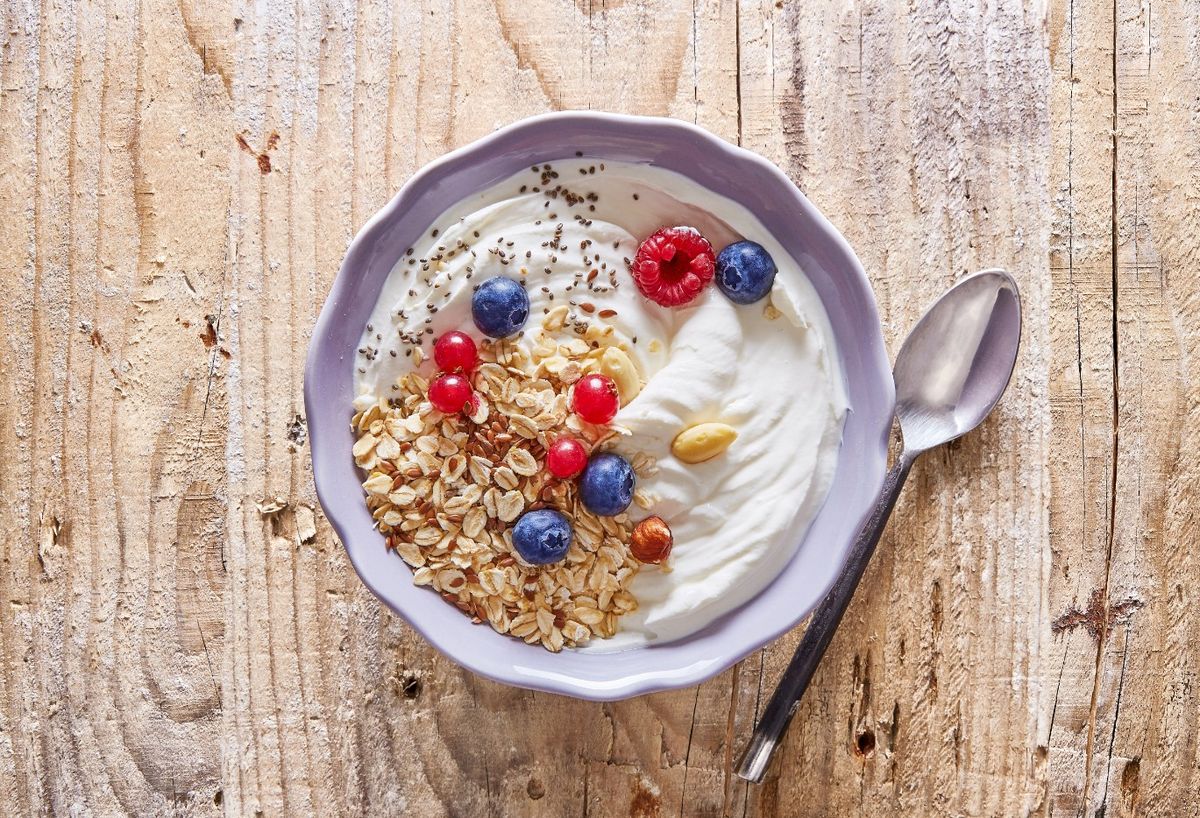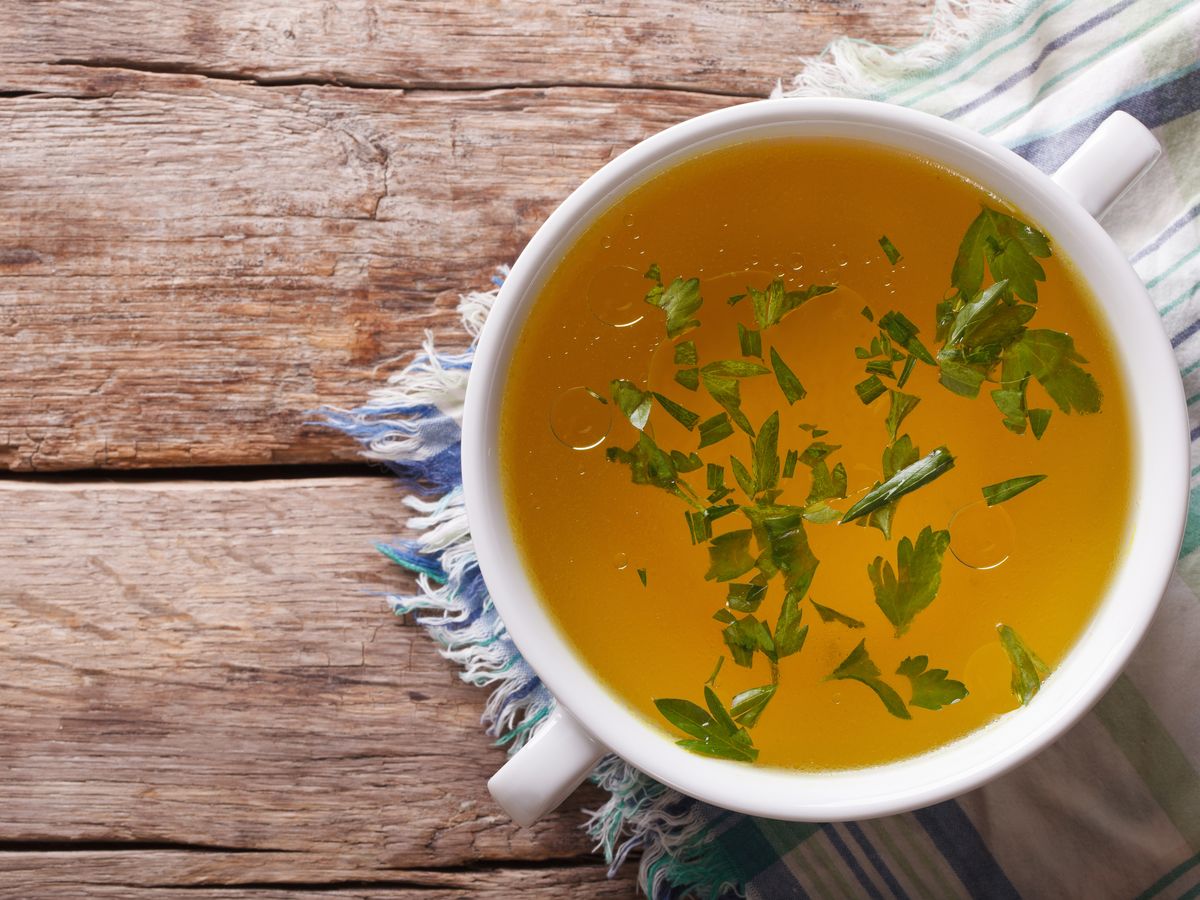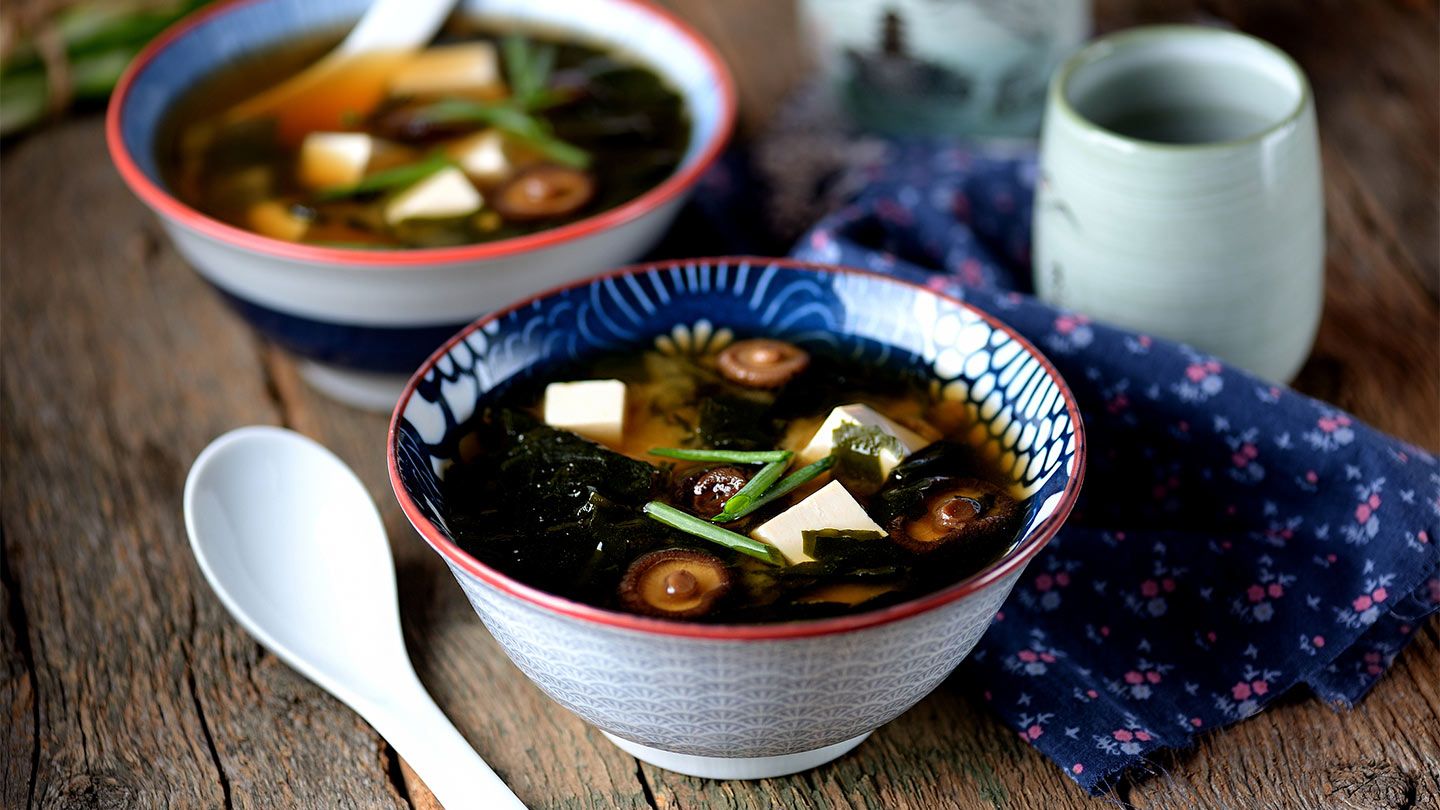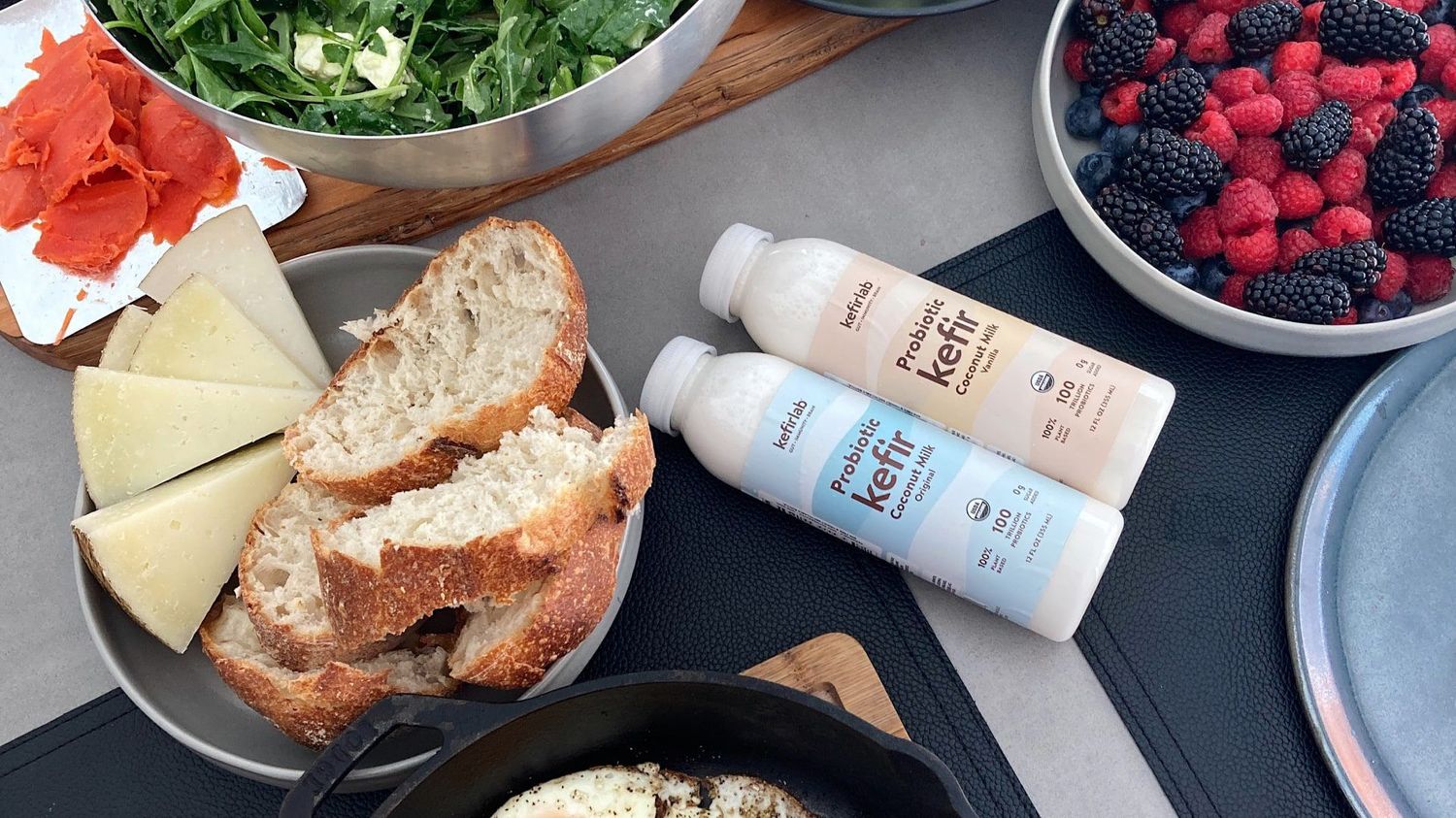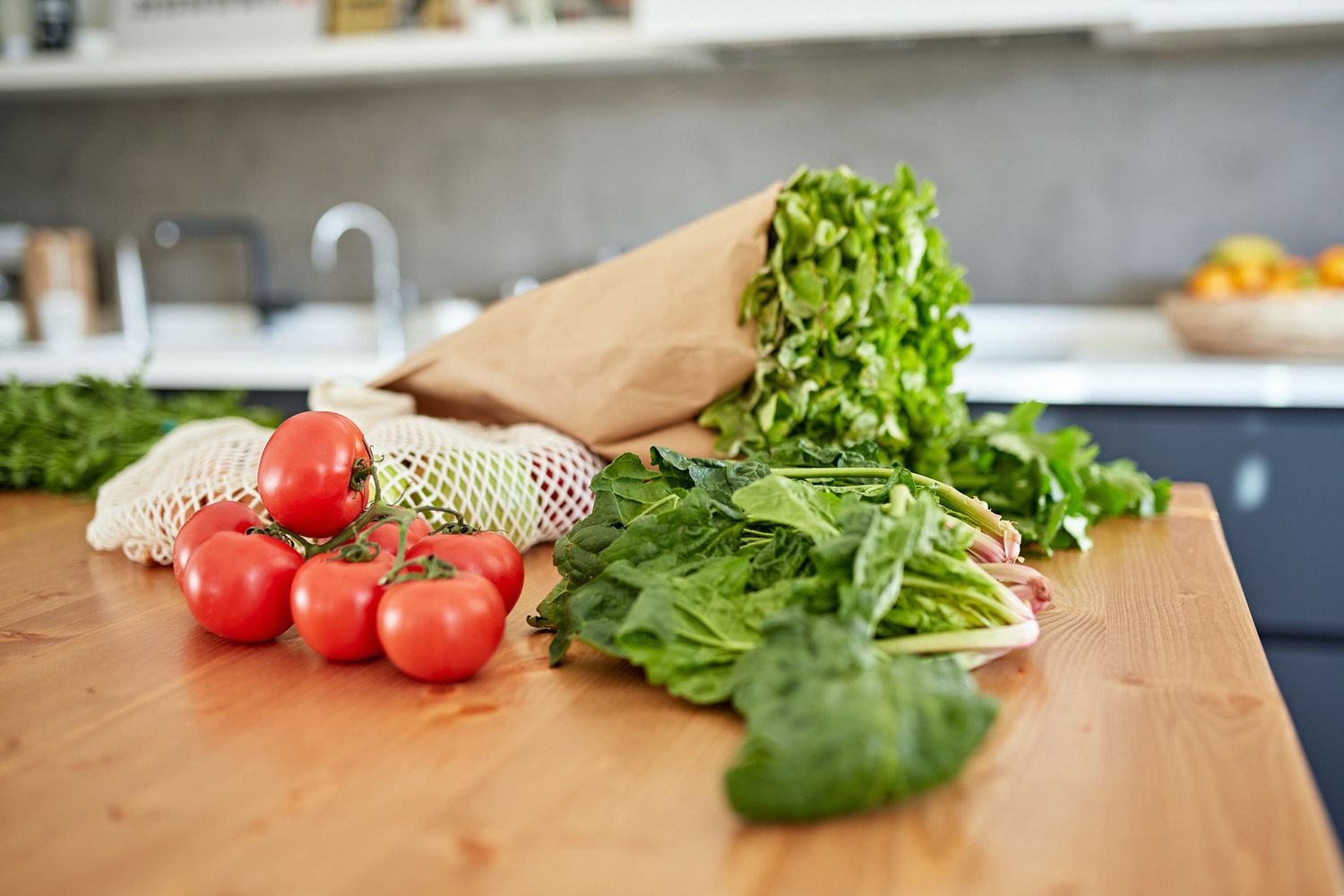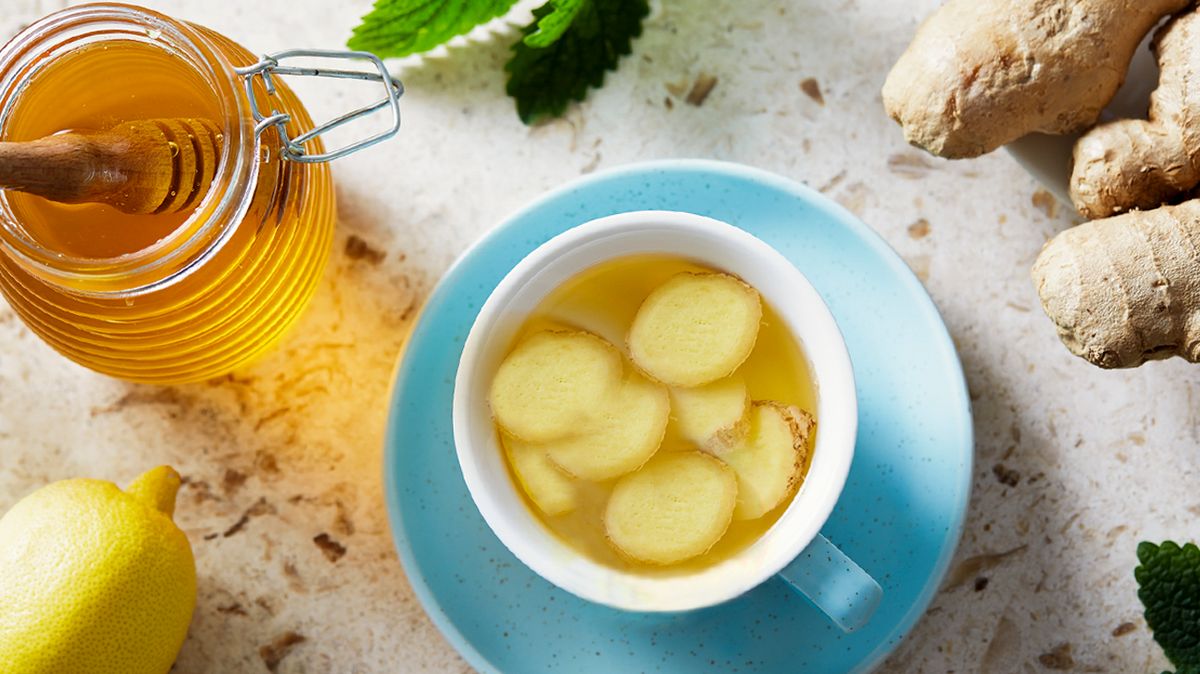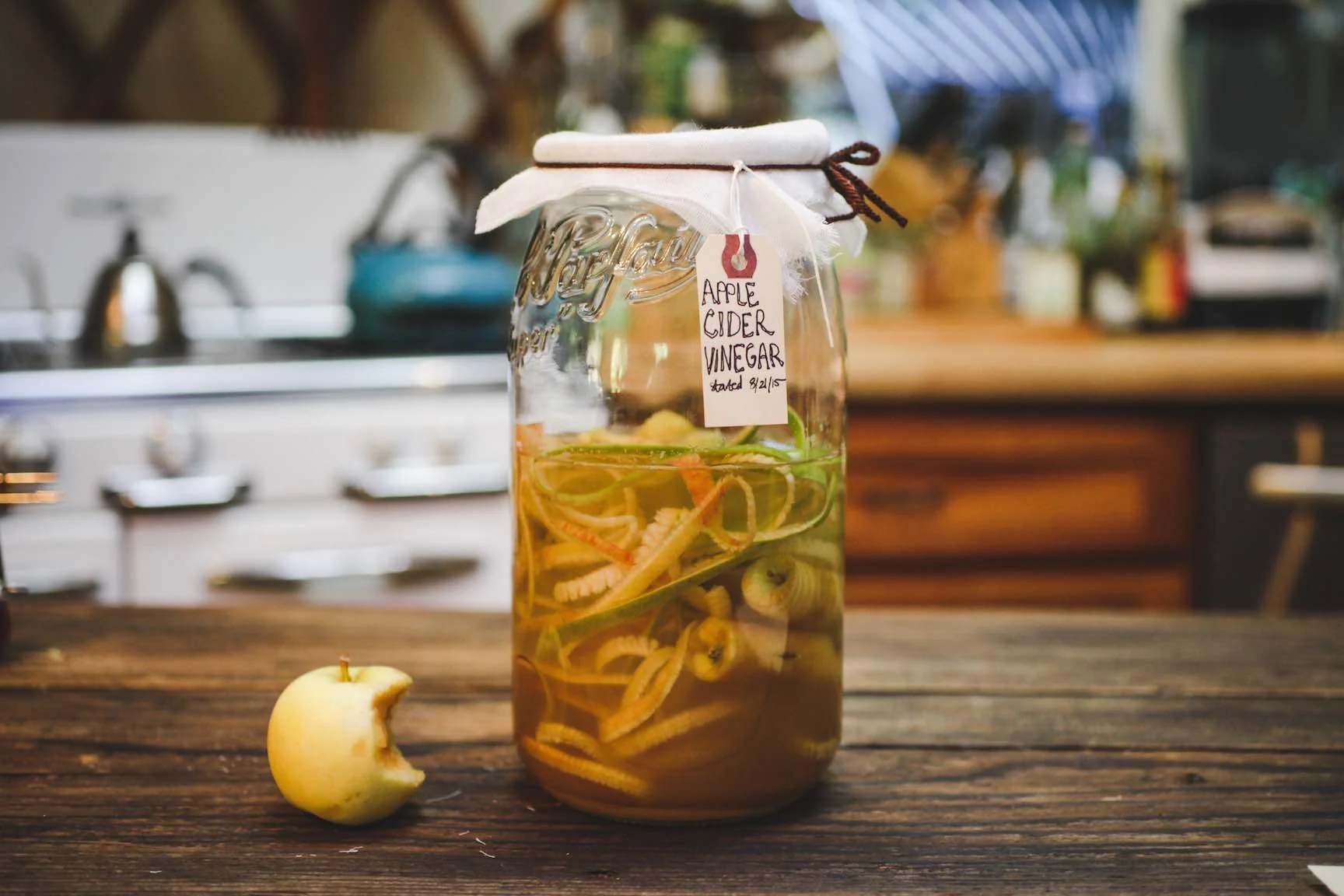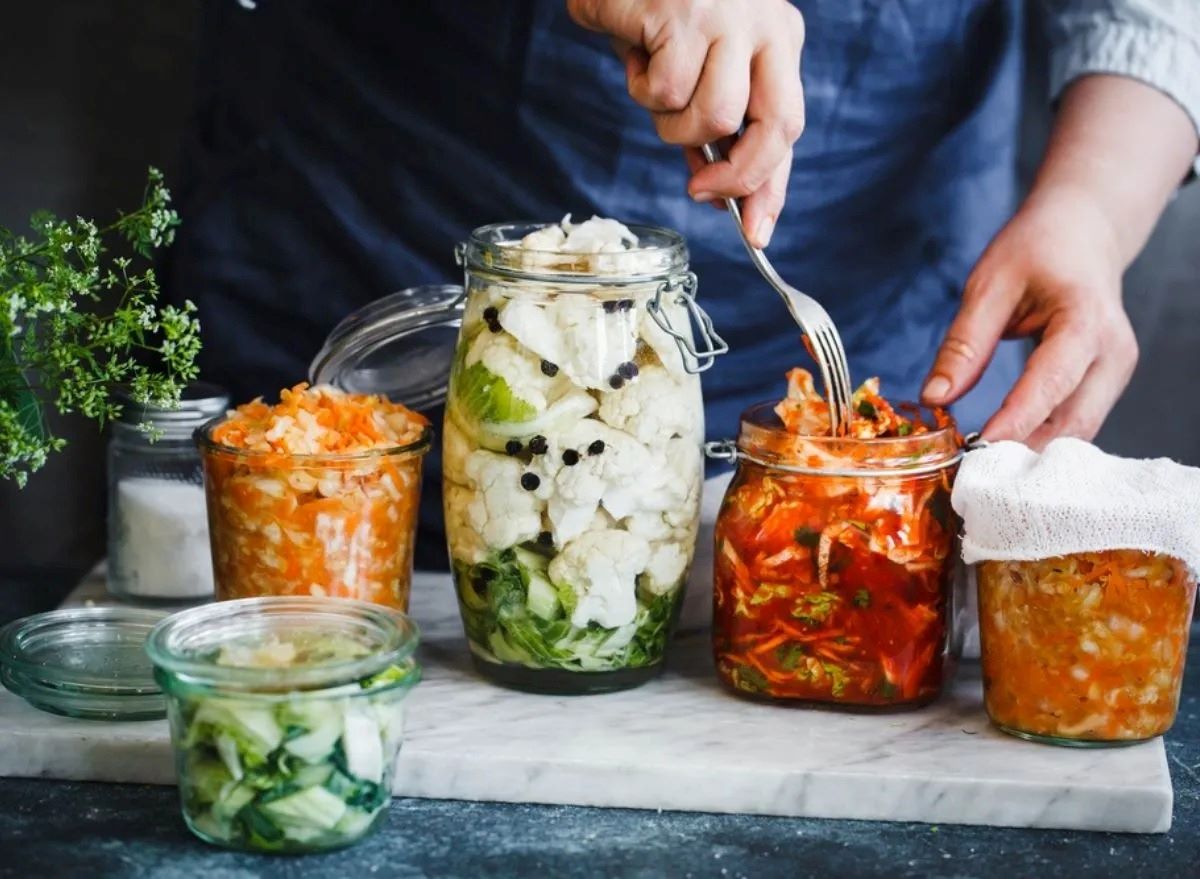Discovering Non-Dairy Sources of Probiotics
Probiotics are beneficial bacteria that promote a healthy gut and overall well-being. While dairy products like yogurt and kefir are commonly associated with probiotics, there are plenty of non-dairy options available for those who are lactose intolerant, vegan, or simply looking to diversify their probiotic intake. Here are some creative and delicious ways to incorporate probiotics into your diet without relying on dairy:
Fermented Vegetables
Fermented vegetables, such as sauerkraut, kimchi, and pickles, are excellent sources of probiotics. These tangy and crunchy treats are made by fermenting vegetables in a brine solution, allowing beneficial bacteria to thrive. Incorporating a small serving of fermented vegetables into your meals can provide a healthy dose of probiotics while adding a zesty kick to your plate.
Coconut Milk Yogurt
For those who crave the creamy texture of yogurt but prefer to avoid dairy, coconut milk yogurt is a fantastic alternative. Made from the flesh of coconuts, this dairy-free yogurt is rich, velvety, and packed with probiotics. Enjoy it on its own, or use it as a base for smoothie bowls, parfaits, or overnight oats.
Tempeh
Tempeh, a traditional Indonesian soy product, is a versatile and nutritious source of probiotics. This fermented soybean cake has a nutty flavor and a firm texture, making it a great addition to stir-fries, salads, and sandwiches. Not only does tempeh provide probiotics, but it also offers a generous amount of plant-based protein and fiber.
Non-Dairy Kefir
Similar to traditional kefir, non-dairy kefir is a fermented beverage that contains a variety of probiotic strains. It is typically made from coconut milk, almond milk, or other plant-based alternatives. Non-dairy kefir can be enjoyed on its own, blended into smoothies, or used as a tangy dressing for salads.
Miso
Miso, a staple in Japanese cuisine, is a savory paste made from fermented soybeans, rice, or barley. It is commonly used to flavor soups, marinades, and dressings. Miso is a powerhouse of probiotics and adds a depth of umami flavor to dishes. Incorporating miso into your cooking not only enhances the taste of your meals but also supports your gut health.
Conclusion
While dairy products have long been associated with probiotics, there is a wide array of non-dairy options available for individuals seeking to incorporate these beneficial bacteria into their diet. From fermented vegetables to coconut milk yogurt, there are plenty of delicious and creative ways to enjoy probiotics without relying on dairy. By exploring non-dairy sources of probiotics, you can support your gut health while savoring a diverse range of flavors and textures.
